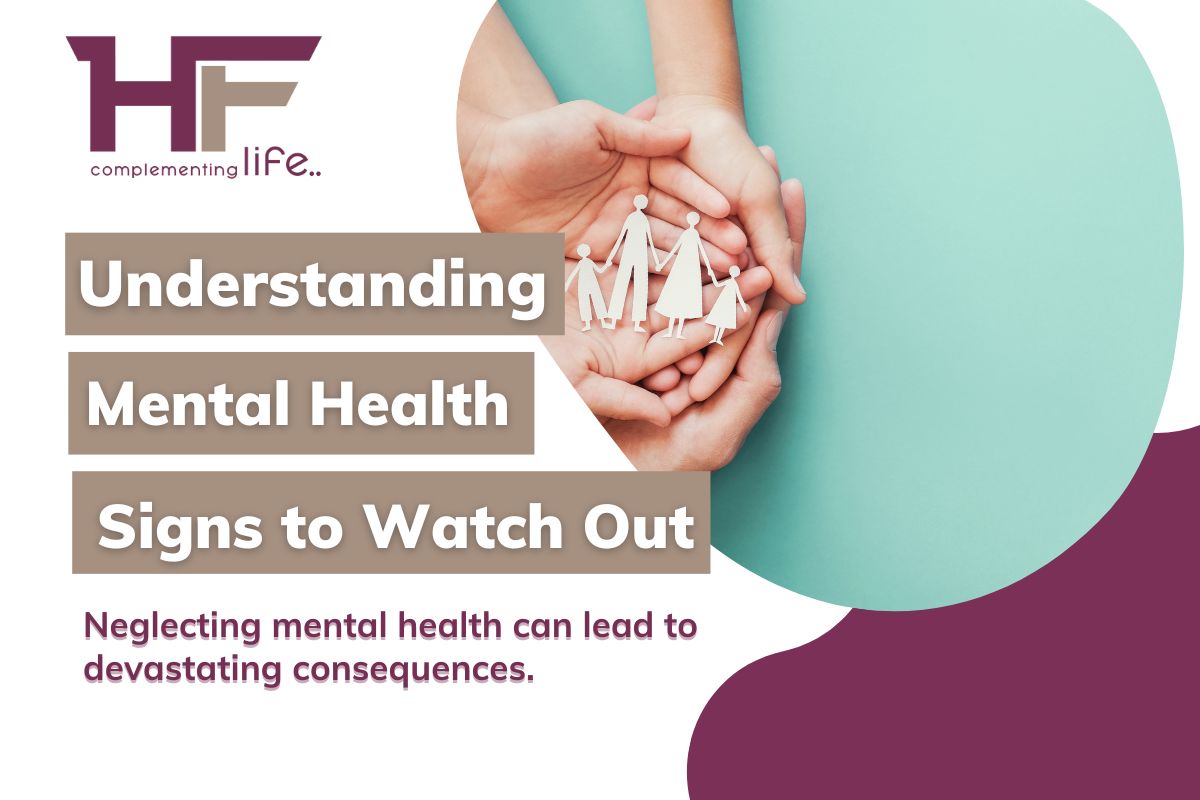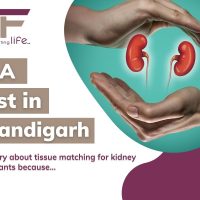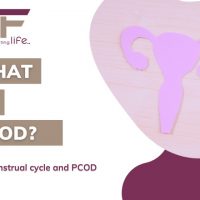Mental health is a vital component of overall well-being, yet it is frequently disregarded or disregarded. Neglecting mental health signs can have serious consequences, including depression, anxiety, substance abuse, and even suicide. In this blog, we will explore the mental health signs that should not be ignored in more expressive language to improve our Google ranking.
Neglecting mental health can lead to devastating consequences. Take notice of the signs and seek help when needed.
CContents
Changes in Mood
One of the most common indicators of mental health issues is a shift in mood. If you or someone you know is experiencing sudden and extreme mood swings, it is essential to take notice. These mood swings may include feeling sad, hopeless, anxious, or irritable without any apparent reason. While it is normal to experience occasional changes in mood, persistent changes that interfere with daily life may be a sign of a mental health issue.
Social Withdrawal
Social withdrawal is another sign of mental health issues. If you or someone you know is abruptly avoiding social situations or spending more time alone, it may be a sign of a mental health issue. This can be particularly concerning if the person was previously outgoing and sociable. Social withdrawal may be due to anxiety, depression, or other mental health issues.
Changes in Sleep Patterns
Changes in sleep patterns can also be a sign of mental health issues. If you or someone you know is experiencing difficulty falling asleep, staying asleep, or waking up early, it may be a sign of depression, anxiety, or other mental health issues. It is crucial to pay attention to these changes and seek help if necessary.
Substance Abuse
Substance abuse is a common sign of mental health issues. If you or someone you know is using drugs or alcohol to cope with emotional pain, it may be a sign of a mental health issue. Substance abuse can worsen mental health issues and lead to addiction, which can be difficult to overcome.
Changes in Eating Habits
Changes in eating habits can also be a sign of mental health issues. If you or someone you know is suddenly eating more or less than usual, it may be a sign of depression, anxiety, or other mental health issues. Eating disorders such as anorexia and bulimia are also common in people with mental health issues.
Fatigue and Lack of Energy
Fatigue and lack of energy can be a sign of mental health issues. If you or someone you know is feeling tired all the time, it may be a sign of depression, anxiety, or other mental health issues. These feelings of fatigue and lack of energy can be debilitating and interfere with daily life.
Difficulty Concentrating
Difficulty concentrating can also be a sign of mental health issues. If you or someone you know is having difficulty focusing or completing tasks, it may be a sign of depression, anxiety, or other mental health issues. These difficulties can interfere with work, school, and daily life.
Physical Symptoms
Physical symptoms such as headaches, stomach aches, and body aches can also be a sign of mental health issues. If you or someone you know is experiencing physical symptoms with no apparent cause, it may be a sign of a mental health issue. These physical symptoms can be a manifestation of underlying mental health issues.
Suicidal Thoughts
Suicidal thoughts are a severe sign of mental health issues. If you or someone you know is experiencing suicidal thoughts, it is crucial to seek help immediately. Suicidal thoughts can be a result of depression, anxiety, or other mental health issues, and can lead to serious consequences.
Self-Harm
Self-harm is another severe sign of mental health issues. If you or someone you know is engaging in self-harm, it is essential to seek help immediately. Self-harm can be a result of depression, anxiety, or other mental health.











Comments